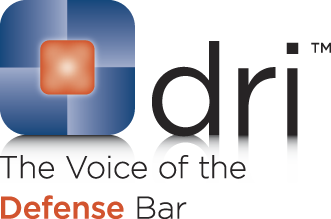 Diane Engle got hurt at work. She applied for and received worker’s comp benefits. She also claimed that a third party had contributed to her injuries. After closing her worker’s comp claim, Ms. Engle negotiated a settlement with the third party as well.
Diane Engle got hurt at work. She applied for and received worker’s comp benefits. She also claimed that a third party had contributed to her injuries. After closing her worker’s comp claim, Ms. Engle negotiated a settlement with the third party as well.
Years later, Ms. Engle wanted to reopen her worker’s comp claim. Her former employer Wal-Mart objected. NRS 616C.215(11) says that an employer gets credit for any amount recovered by the injured worker from a third party. Wal-Mart argued that Ms. Engle could not reopen her worker’s compensation claim until she had exhausted her third party recovery citing Employers Insurance Co. of Nevada v. Chandler, 117 Nev. 421, 23 P.3d 255 (2001). The hearing officer, appeals officer and district court all agreed with Wal-Mart that the exhaustion doctrine cited in the Chandler case prevented a reopening.
Since the facts of Ms. Engle’s case virtually mirror the facts in the Chandler case, why would the Nevada Supreme Court reject the trial court’s decision?
Because Ms. Engle’s worker’s compensation decision failed to address whether Ms. Engle’s claim should have been reopened at all. In Engle v Wal-Mart, No. 65623, 2016 Nev. LEXIS 97 (Feb. 26, 2016) the Nevada Supreme Court said that the decision of the worker’s comp hearing officer ignored the law found in NRS 616C.390(1). This statute is the standard to be used when deciding whether a worker’s comp claim should be reopened. To reopen a claim that has been closed for more than one year, the injured worker must demonstrate that:
(a) A change of circumstances warrants an increase or rearrangement of compensation during the life of the claimant;
(b) The primary cause of the change of circumstances is the injury for which the claim was originally made; and
(c) The application is accompanied by the certificate of a physician or a chiropractor showing a change of circumstances which would warrant an increase or rearrangement of compensation.
The decision made by Ms. Engle’s hearing officer failed to address these three preliminary questions. Only after these issues were resolved would an examination of whether the third-party payments were exhausted should be made. The Court remanded the case to determine if these three preliminary requirements had been met.
If you have questions about this or other Nevada trucking or insurance law cases, please give Mike Mills a call at 702-240-6060 or email him at mmills@blwmlawfirm.com.
 Follow
Follow Email
Email


